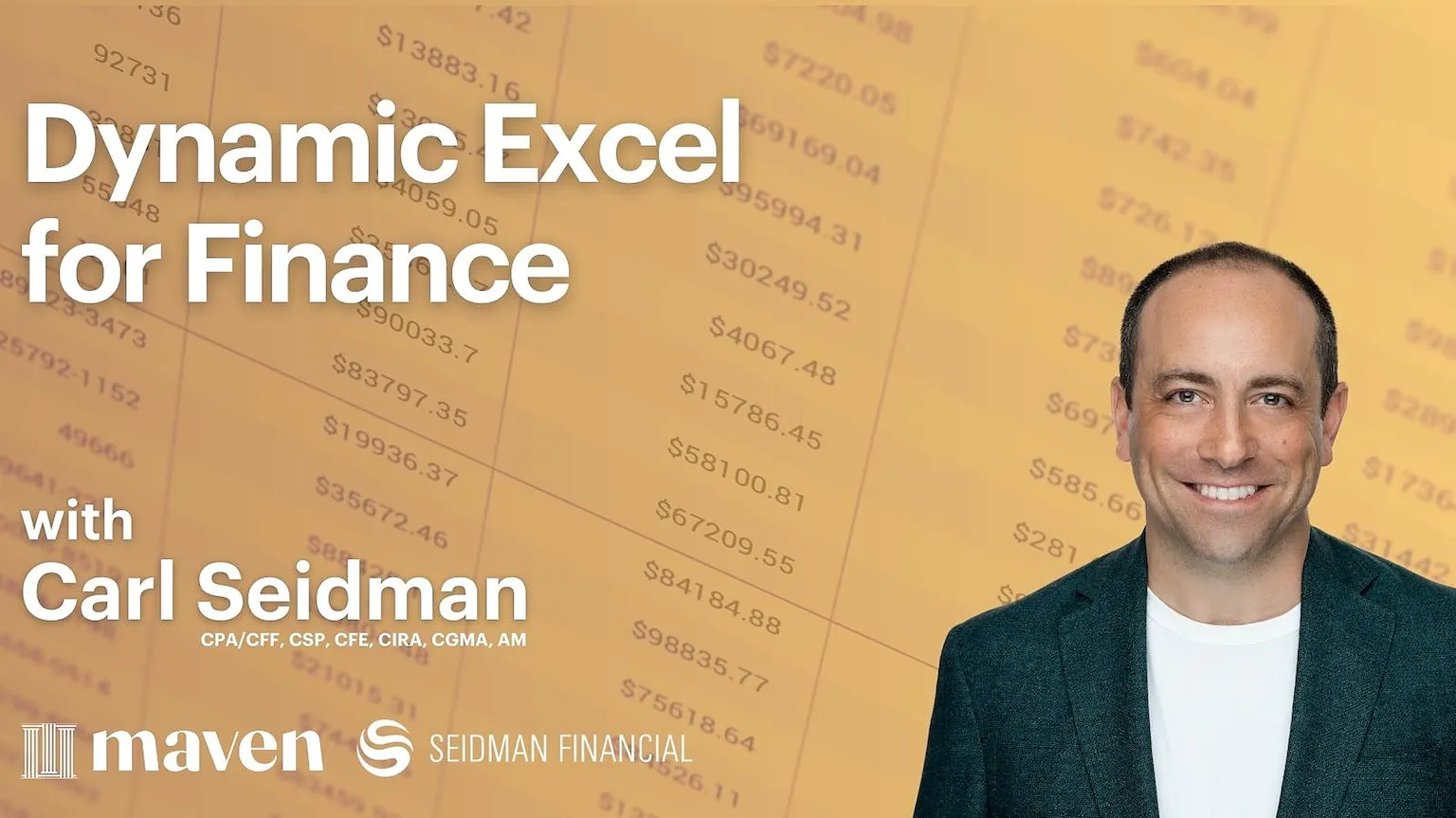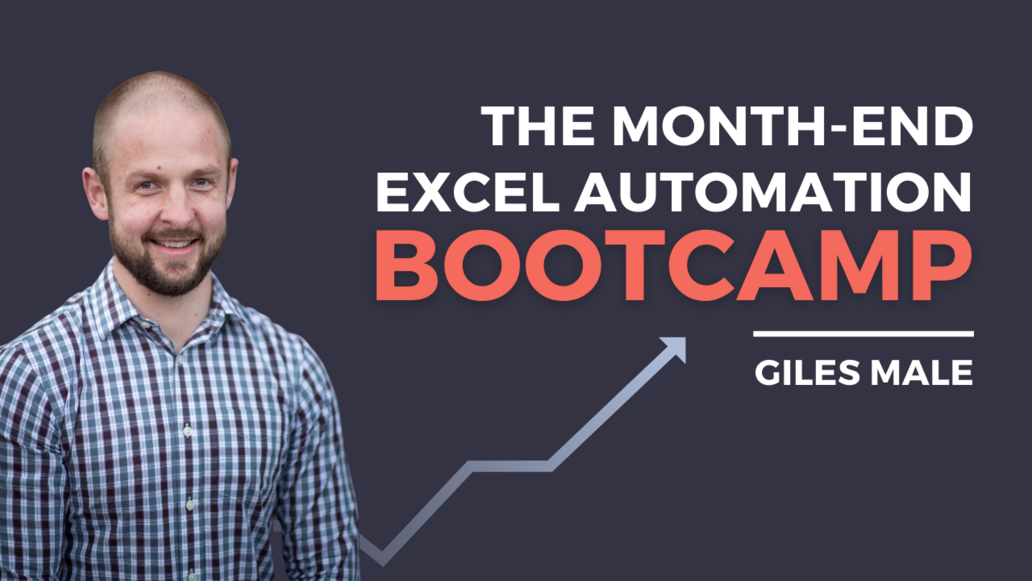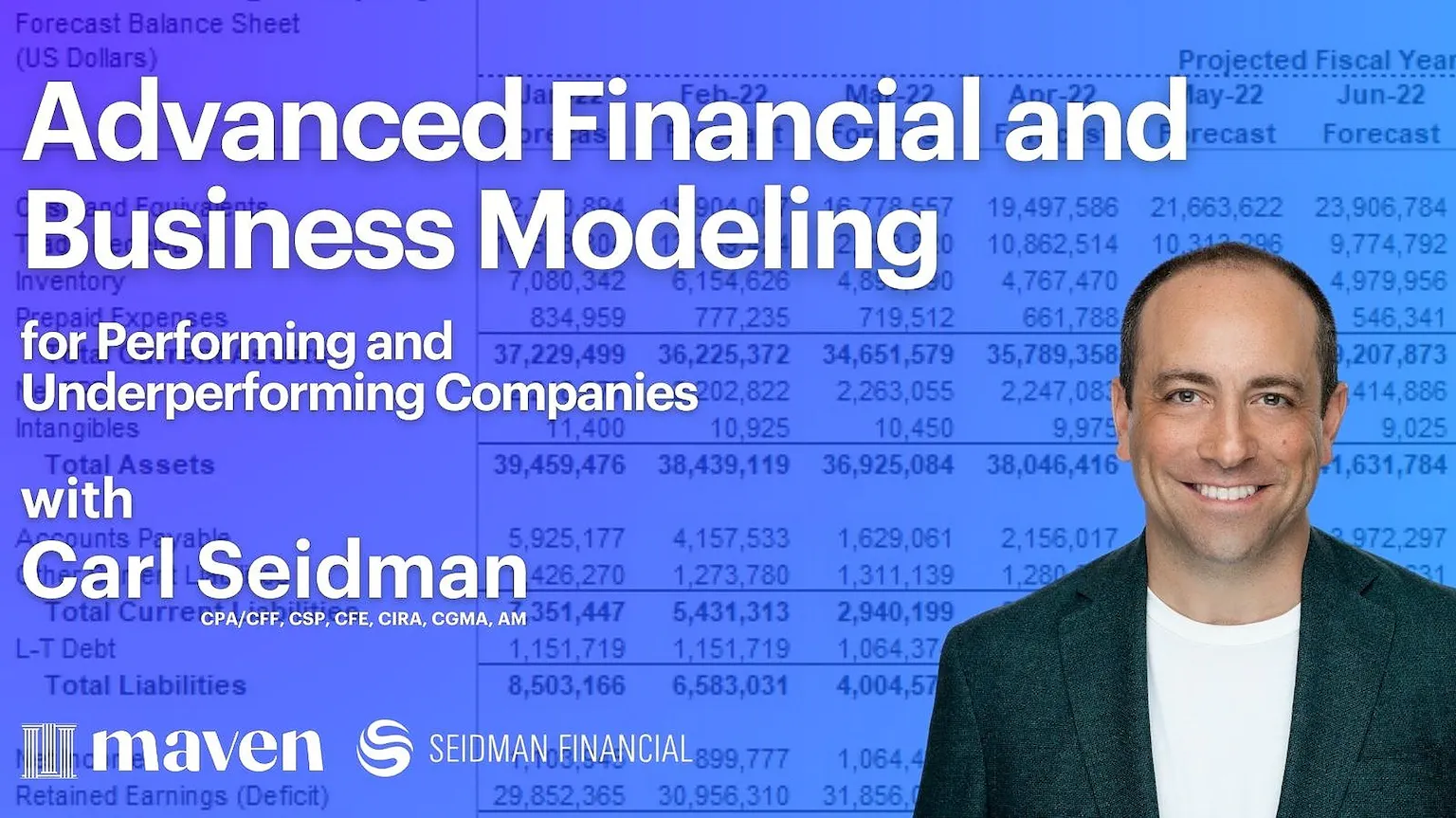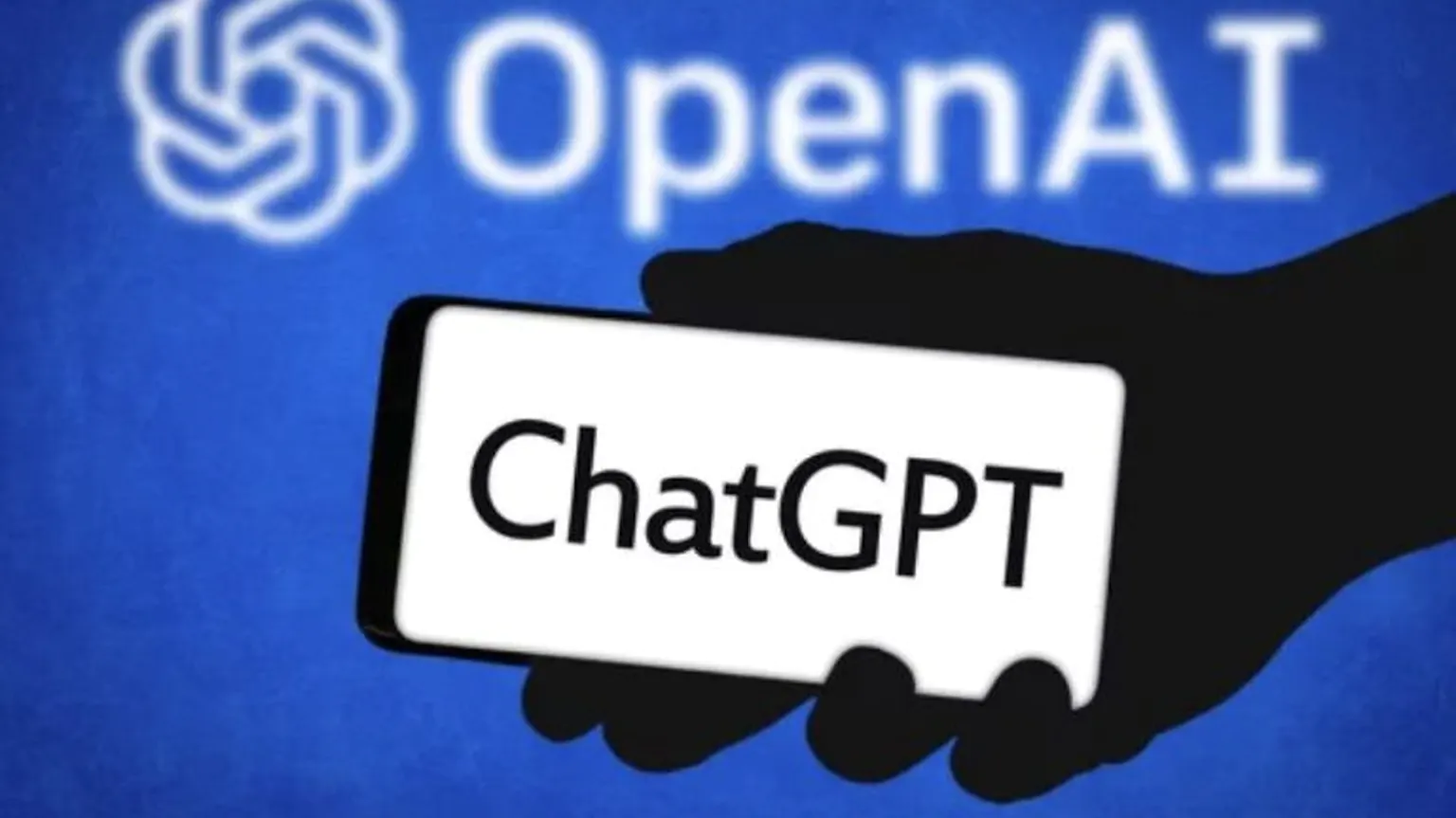Proficiency in Microsoft Excel is more than just a commendable skill—it's a necessity. Whether you're calculating business metrics, analyzing data sets, or automating complex tasks, Excel provides a powerful platform to achieve these with ease. Professionals who master Excel often find themselves at a significant advantage in the workplace. Not only does this proficiency lead to increased productivity, but it also opens the door to new job opportunities, promotions, and the potential to lead projects.
The widespread use of Excel across industries means that there's a high demand for expertise in this area. As a result, numerous online platforms have emerged, offering courses in Excel for various proficiency levels. Among these platforms, Maven stands out prominently. Thanks to its global reach, Maven has democratized access to top-tier instructors, ensuring that anyone, anywhere, can enhance their Excel skills under the guidance of industry experts.
But with so many courses available, how do you decide which one is right for you? The following curated list of top Excel courses aims to guide professionals in making an informed choice. Whether you're a beginner just dipping your toes into Excel basics or a seasoned user looking to delve into advanced techniques, there's something here for everyone.
1. Dynamic Excel for Finance by Carl Seidman
⭐️ 9.7

Dynamic Excel for Finance is a meticulously curated course aimed at professionals in the fields of corporate finance, FP&A, management consulting, and investment banking. The financial world is brimming with complex datasets, and this course serves as a guide, illuminating the pathways to manage such complexities using Excel. Under the expert guidance of Carl Seidman, participants embark on a journey to understand Excel's vast capabilities tailored for the financial sector.
Diving into the curriculum, the initial sessions provide an in-depth overview of Excel's landscape, its functionalities, and the myriad applications that are pivotal in diverse financial settings. A core component that Carl emphasizes is the construction of dynamic reports. Such reports stand as the foundation of financial analysis and demand an acute attention to detail.
As the course progresses, attendees will further their knowledge, moving from theoretical concepts to practical applications. This seamless integration ensures that by the culmination, participants are adept at using Excel to its fullest potential, applying their newly acquired skills to real-world business scenarios. This harmonious blend of theory and practice ensures professionals walk away with a comprehensive understanding of Excel's role in finance.
2. Month End Excel Automation Bootcamp by Giles Male
⭐️ 9.9

Month End Excel Automation Bootcamp is a transformative course for accountants and financial analysts navigating the challenges of month-end processes. Designed by Giles Male, the course seeks to elucidate the nuances of month-end reporting and reconciliation, offering insights into Excel's powerful automation capabilities.
Central to the course is the emphasis on Power Query fundamentals. Participants are equipped with the knowledge and techniques to import data from diverse sources, ensuring smooth data manipulation and analysis. With Giles at the helm, attendees are introduced to the art of crafting transparent and auditable queries, a skill paramount in today's data-driven financial landscape.
The course's later stages shift focus to cultivating a developer’s mindset. Giles' approach ensures that professionals not only understand the intricacies of Excel but also think beyond its traditional confines. This exploration into automation, paired with project scoping and data gathering techniques, ensures that attendees are well-prepared to revolutionize their month-end processes, elevating their efficiency and precision.
3. Advanced Financial and Business Modeling by Carl Seidman

Advanced Financial and Business Modeling emerges as a beacon for financial professionals looking to delve deep into the intricate world of financial modeling. Crafted by the renowned Carl Seidman, the course promises an enriching journey, one that bridges the gap between financial concepts and their digital representation within models.
As participants delve into the course, they are introduced to the foundations of constructing resilient, adaptable, and transparent financial models. These models serve as essential tools for predicting, analyzing, and communicating a company's financial performance and strategy. With Carl's adept guidance, attendees learn the importance of flexibility within their models, ensuring they can adapt to ever-shifting financial landscapes.
The course's progression takes a hands-on approach. Attendees hone their problem-solving skills, ensuring they are equipped to tackle challenges within their models head-on. Emphasis on fortified assumptions ensures the creation of realistic and applicable financial models. As a capstone, Carl underscores the importance of effective communication, guiding participants on presenting their models persuasively and impactfully, making sure their analyses are not only accurate but also understood and actionable.
4. FinanceGPT - ChatGPT for Finance by Jonathan Kogan

FinanceGPT - ChatGPT for Finance stands at the crossroads of artificial intelligence and finance, offering a glimpse into the future of automated financial analyses. Jonathan Kogan, an expert in the field, helms this course, guiding participants through the evolving landscape where traditional financial tools meet cutting-edge technology.
The course starts by painting a picture of the burgeoning role AI, especially ChatGPT, plays in modern finance. Attendees are introduced to the capabilities of ChatGPT and how it seamlessly integrates with tools like Excel, enhancing its functionalities manifold. As financial professionals, understanding this synergy is vital in an era where automation is not just a luxury, but a necessity.
Diving deeper, participants explore real-world applications of FinanceGPT. From automating intricate calculations to diving deep into statistical analyses, Jonathan showcases how AI can be a game-changer. The course concludes with an exploration of data visualization, ensuring attendees can craft compelling visual narratives from their data. By the end, financial professionals are not only well-versed with Excel's capabilities but also how to supercharge these functionalities using AI, preparing them for the future of financial analysis.
Factors to Consider When Choosing an Excel Course
The sheer number of
Excel courses available can be overwhelming. Whether you're looking through platforms like Udemy, Coursera, or Maven, the choices seem endless. Yet, to extract the most value and ensure a return on investment, both in terms of time and money, consider the following criteria:
Time to Complete: While some courses might be comprehensive, spanning several weeks, others might offer bite-sized lessons that can be completed over a weekend. Assess your availability and choose accordingly.
Cost: Excel courses range from free tutorials to premium-priced specialized training. Consider your budget and the depth of knowledge you're aiming to acquire. Often, price correlates with the depth and breadth of the content, but always check reviews and course previews before purchasing.
Topics Covered: Ensure the syllabus aligns with what you intend to learn. Whether it's pivot tables, VBA, or data visualization techniques, the content should match your objectives.
Prerequisite: Some advanced courses might require prior knowledge of certain Excel functions or concepts. Always check the prerequisites before enrolling to ensure a smooth learning curve.
Career Benefits: Consider courses that not only offer knowledge but also provide certification upon completion. Such credentials can enhance your resume and provide evidence of your expertise.
Who Should Take the Course: Many courses specify their target audience—be it beginners, intermediate users, or experts. This helps in gauging whether the content will be too basic, just right, or too advanced for your current proficiency.
Interactivity & Support: Courses that offer quizzes, hands-on exercises, and opportunities to interact with instructors or peers can greatly enhance the learning experience. Moreover, platforms that provide post-course support or forums to discuss doubts can be invaluable.
Remember, the best way to learn Excel is not just through passive absorption but by actively applying what you learn. So, always prioritize courses that offer real-world examples, datasets for practice, and challenges that compel you to think out of the box.
The world of Excel is vast, encompassing everything from basic data management to complex financial modeling. By carefully considering the aforementioned factors and aligning them with your personal and professional goals, you'll be well on your way to mastering this powerful spreadsheet program.
Take Your Excel Abilities to the Next Level
The world of data is expanding at an unprecedented rate, and Microsoft Excel remains at the forefront as the tool of choice for many professionals. As a universal platform for data analysis, visualization, and management, mastery in Excel opens doors to numerous career opportunities.
Maven, a revered platform in the e-learning ecosystem, offers curated courses taught by industry experts. The advantages of choosing Maven are multifold:
Global Instructors: Maven's commitment to quality ensures that you learn from the best. Their Excel courses are designed and taught by professionals who have spent years mastering their craft, ensuring that you're not just learning theory but also gaining insights from their real-world experiences.
Interactive Learning: Maven understands that retention is best achieved through doing. Their courses often incorporate hands-on projects, allowing learners to immediately apply the knowledge they've garnered.
Networking Opportunities: Enrolling in a course often means joining a community. Maven fosters this sense of community, allowing you to connect, collaborate, and exchange ideas with fellow learners and instructors alike.
Value for Money: Beyond the depth and breadth of the content offered, the certifications, resources, and lifelong access to some courses make Maven's offerings a worthy investment.
For those keen on mastering Excel, there’s no better time to embark on this journey. The data revolution waits for no one. By equipping yourself with the skills and knowledge offered by Maven's courses, you're not just learning a tool; you're setting yourself up for a thriving career in a data-driven world.
FAQs
How much does an Excel expert make?
Excel experts, especially those who specialize in data analysis, financial modeling, or VBA programming, can command lucrative salaries. Depending on the region, company size, and individual expertise, an Excel expert can earn anywhere from $50,000 to $120,000 annually. Those who freelance or consult might have variable incomes, but their rates can be higher based on project complexity.
What is the highest level of Excel certification?
The highest level of certification for Microsoft Excel is the "Microsoft Office Specialist: Microsoft Excel Expert" credential. This certification tests advanced features of Excel, including advanced charting, pivot tables, and complex formulas. Earning this certification showcases one's expertise and often results in better job opportunities and higher salaries.
How long does it take to learn Excel completely?
The time to achieve mastery in Excel varies based on an individual's prior knowledge, learning pace, and the depth they wish to achieve. For a beginner, understanding the basics might take a few weeks of consistent learning. However, achieving proficiency in advanced topics like macros, VBA, and intricate data analysis can take several months to a year or more of dedicated learning and practice.
Is it worth paying for an Excel course?
Absolutely! While there are many free resources available, paid courses often offer a structured curriculum, expert insights, real-world application examples, and sometimes even certifications upon completion. Investing in a high-quality Excel course can save time in the learning process and equip you with skills that can advance your career or improve your efficiency in tasks that involve data analysis and reporting.
What is the highest level of Excel certification?
As mentioned, the "Microsoft Office Specialist: Microsoft Excel Expert" is the highest level of Excel certification. It demonstrates a thorough understanding of the software's advanced functionalities.
How long does it take to learn Excel completely?
Mastery in Excel is a continuous journey, given the software's depth and breadth. For basic functionalities, a few weeks of dedicated learning can suffice. But for advanced features and functionalities, it can take several months to over a year.
How much does an Excel expert make?
Salaries vary based on region, expertise, and the specific industry. On average, an Excel expert, especially in fields like data analysis or financial modeling, can earn between $50,000 to $120,000 annually.
Key Takeaways
In the realm of data-centric businesses,
mastering Excel essentials has become more than just a recommendation. Excel, far from being just a spreadsheet program, is an indispensable tool for data analysis using excel, implementing complex excel formulas, and creating dynamic excel pivot tables. Maven's excel training courses set themselves apart, diving deep into every facet of Excel, from basic operations to advanced features like power pivot, lookup, and excel vba.
Unlike generic free courses or offerings on platforms such as LinkedIn Learning and edx, Maven ensures an in-depth, hands-on experience. They provide lifetime access to their curriculum, making it an invaluable resource, especially as online excel tools and Office 365 undergo frequent updates. What's more, their focus isn't just on passive learning. Maven's approach includes practical assessments and real-world templates that guarantee industry readiness.
For those hesitant about paid courses, Maven's select free excel courses are nothing short of comprehensive. In today's data-driven landscape, investing in Maven’s
excel skills for business specialization training is a decision that promises both current relevance and future proficiency.




